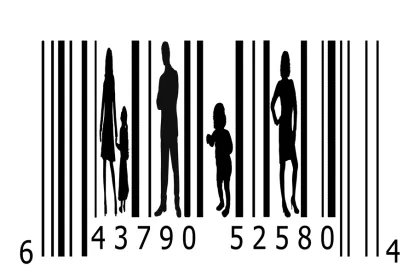On January 1, 2022, amendments to Illinois’s Lodging Services Human Trafficking Recognition Training Act (820 ILCS 95/) took effect, ostensibly adding restaurants and truck stops to the act’s purview. Under the amended act, “a lodging establishment, restaurant, or truck stop shall provide its employees with training in the recognition of human trafficking and protocols for reporting observed human trafficking to the appropriate authority.”
However, as written, the act, which already applied to lodging establishments such as hotels, motels, and casino hotels, is ambiguous as to its application to restaurants and truck stops that are unaffiliated with such lodging establishments. For instance, the act provides that “employees must complete the training within 6 months after beginning employment in such role with the lodging establishment and every 2 years thereafter if still employed by the lodging establishment.” (Emphasis added.)
Further, the act defines “employee” as a person “employed by a lodging establishment who has recurring interactions with the public, including, but not limited to, an employee who works in a reception area, performs housekeeping duties, helps customers in moving their possessions, or transports by vehicle customers of the lodging establishment.” (Emphasis added.)
Therefore, under the plain language of these provisions, employees of restaurants and truck stops who are not also employed by lodging establishments would appear not to be covered explicitly by the act. The act defines a “restaurant” to be “any business that is primarily engaged in the sale of ready-to-eat food for immediate consumption comprising at least 51% of the total sales, excluding the sale of liquor.”
Further muddying the issue, the act describes the curriculum that covered entities should offer their employees in trainings, which are to last at least 20 minutes:
A lodging establishment may use its own human trafficking training program or that of a third party and be in full compliance with this Act if the human trafficking training program includes, at a minimum, all of the following:
-
a definition of human trafficking and commercial exploitation of children;
-
guidance on how to identify individuals who are most at risk for human trafficking;
-
the difference between human trafficking for purposes of labor and for purposes of sex as the trafficking relates to lodging establishments; and
-
guidance on the role of lodging establishment employees in reporting and responding to instances of human trafficking.
(Emphasis added.)
The Illinois Department of Human Services has developed model training materials, but these resources are specific to lodging services. The same limitation is included in the act, which states that the department’s curriculum “shall include, at a minimum, all of the following:
-
a definition of human trafficking and commercial exploitation of children;
-
guidance on how to identify individuals who are most at risk for human trafficking;
-
the difference between human trafficking for purposes of labor and for purposes of sex as the trafficking relates to lodging establishments; and
-
guidance on the role of lodging establishment employees in reporting and responding to instances of human trafficking.”
(Emphasis added.)
The act does not state what, if any, penalties exist for failure to comply.
By adding restaurants and truck stops to the Lodging Services Human Trafficking Recognition Act, the legislature’s intention may have been to bring those entities into the act’s purview. However, the plain language of certain provisions of the act describes only what lodging establishments and their employees must do. Given this ambiguity, the Illinois legislature may revise the act to more clearly apply it to restaurants and truck stops, and their employees.
Until then, it is unclear how the act applies to restaurants, truck stops, and their employees where such entities are not part of lodging establishments and such employees are not employed by lodging establishments. Notably, even for covered businesses, the act’s training obligations apply only to those employees who have recurring interactions with the public. For restaurants, this may include employees such as managers, hosts, servers, and bus staff.
Restaurants and truck stops with operations in Illinois may want to keep apprised of any developments and modifications in the law.





 />i
/>i
